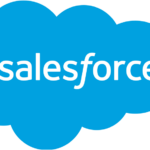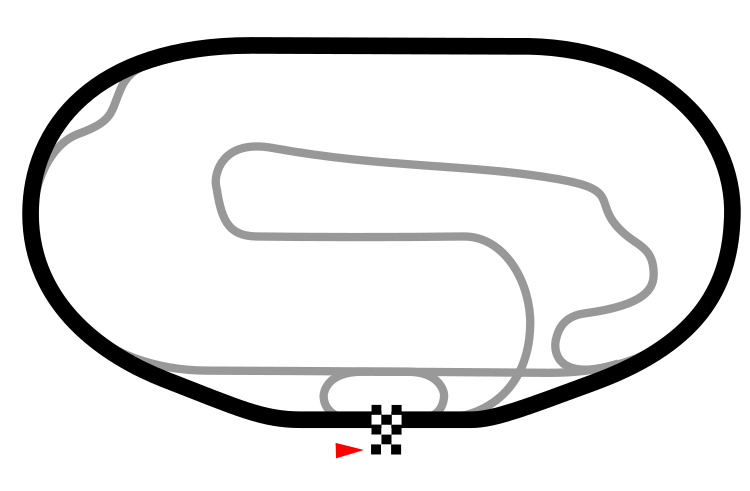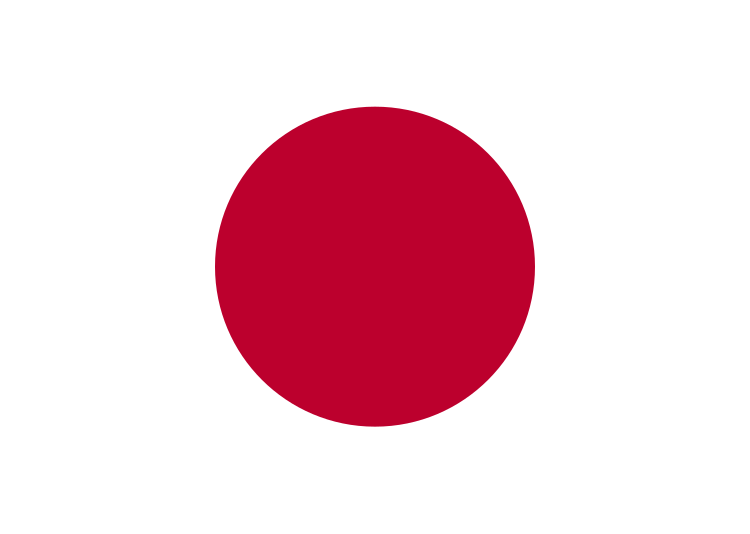Exploring options for maximizing your retirement savings
- Have $1.3 million in IRAs and $1.15 million in cash
- Unsure of what to do with the money
- Considering whether to leave the money as is or roll it into a Roth
- Previously had a financial adviser but didn’t find them helpful
- Seeking suggestions and advice
Having millions of dollars you don’t need and being able to just sit in several accounts is a pretty good problem to have, and a testament to the way you and your spouse have saved through the years. But you’re right, it’s best to be proactive and get that money working for you. One of the best tools retirement savers have is diversification, and that can come in many forms. The two most influential, perhaps, are asset diversification and tax diversification. With the former, you’re using multiple types of asset classes in your portfolio construction, so that you have a mix of conservative and aggressive investments that work together when one part of the market is down (or the other is doing particularly well). The latter refers to the vehicles you’re using, and the ways you withdraw from them. It’s good to have a mix of accounts — taxable, tax-deferred and after-tax assets — because it gives you more power in deciding how much you pay in taxes. For example, if in the future you want to withdraw some of your savings but don’t want to pay a hefty tax bill, you can tap into a Roth account (assuming you’re following the rules and taking qualified distributions) so that your withdrawals are tax-free. If you want to preserve your Roth accounts but need extra cash, you can withdraw from a tax-deferred account, such as a traditional IRA, but only take as much as you can up to the top of your tax bracket, so that you’re not pushing into the next bracket. You can always do a combination of distributions, too. Roth accounts are great to have, and could even lead to a tax-free inheritance for your loved ones. They do come with rules, though. For example, in order to really reap the benefits of a Roth account, you’d have to have that account with your converted assets open for five years (which is a separate five-year clock from when you opened your own Roth IRAs). How much you convert to a Roth account is entirely up to you, but you will pay taxes when you make that conversion (so you probably don’t want to go overboard). You can also use some of your cash savings to pay the tax bill on that Roth conversion so that the account’s balance doesn’t dwindle as a result of the transfer. Having liquid assets is imperative at any age, but especially in retirement. That said, you have more than enough to cover a few years’ worth of living expenses. Before making any drastic moves, be very considerate and thoughtful about the type of investments you choose for your savings — and make a plan you can regularly revisit (say, once every six or 12 months, and definitely after major life events). I know you said your financial adviser didn’t help you much, but it shouldn’t dissuade you from consulting another qualified and trustworthy professional, who is also a fiduciary. Advisers at the investment firms housing your assets can be helpful, but there are plenty of other professionals who could be helpful, including certified financial planners. They can build you one or more portfolios to meet all of your needs, explain in detail the types of investments you should have in your accounts and also coordinate any tax and estate liabilities. I recommend at the very least shopping around for a planner, and conducting a few interviews. You don’t have to work with anyone, of course, but this exercise may be useful and you may connect with someone who can make it easier to save and enjoy the money you’ve accumulated.
Public Companies: Vanguard (null)
Private Companies:
Key People:
Factuality Level: 7
Justification: The article provides some general advice on diversification and tax strategies for retirement savings, but it does not provide specific recommendations or take into account the individual’s unique financial situation. It suggests consulting a qualified professional, which is a responsible approach. However, the article lacks in-depth analysis and could benefit from providing more context and alternative options.
Noise Level: 3
Justification: The article provides relevant information and advice to the reader who is seeking guidance on what to do with their money in retirement. It discusses the importance of diversification and tax planning, and suggests consulting a qualified professional for further assistance. The article stays on topic and provides actionable insights for the reader to consider.
Financial Relevance: Yes
Financial Markets Impacted: No information provided
Presence of Extreme Event: No
Nature of Extreme Event: No
Impact Rating of the Extreme Event: No
Justification: The article discusses personal finance and retirement savings, but does not pertain to any financial markets or companies. There is no mention of an extreme event.
 www.marketwatch.com
www.marketwatch.com 





